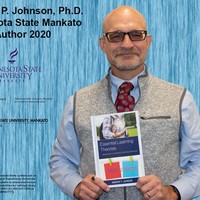
My classroom experiment I was happily teaching yearbook, newspaper and photography classes at a medium-sized high school. Then my principal asked me to teach a special English class that had been mandated by the state. It was a high-stakes class for seniors who had twice failed the state graduation test and now had to pass […]







